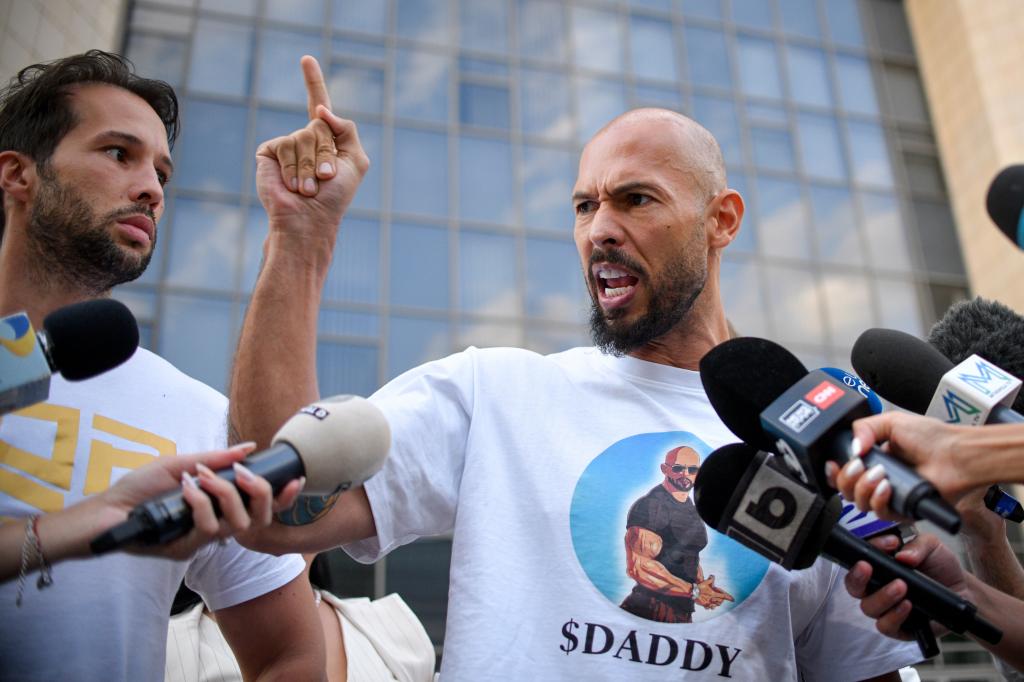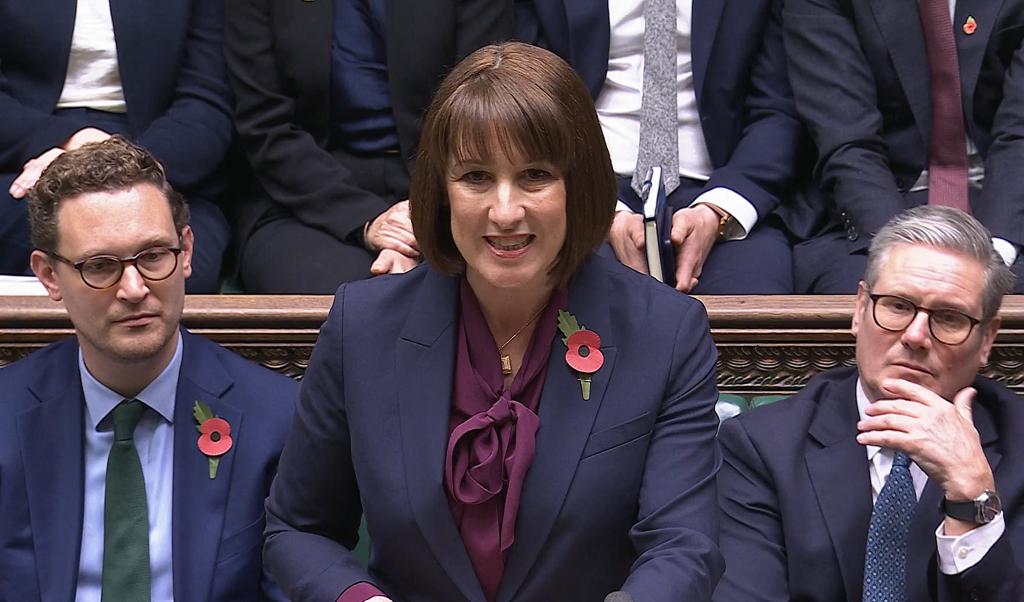Hunter Biden Changes Plea in High-Profile Tax Case
Hunter Biden's plea change in his tax case shifts the narrative, highlighting personal struggles and the significant political implications ahead.
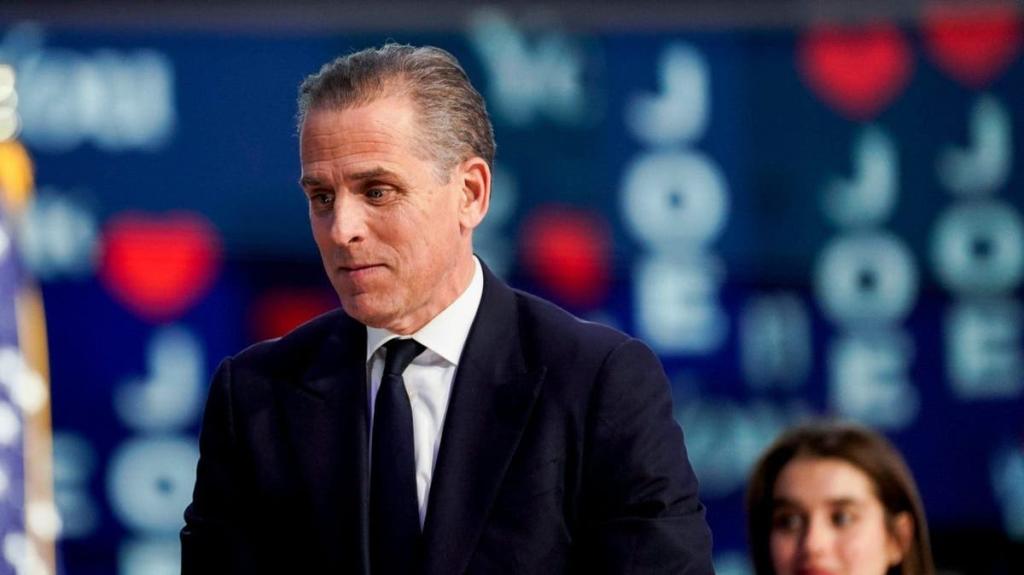
Key Points
- Hunter Biden
is shifting his plea to guilty in his federal tax case, acknowledging the evidence against him while maintaining his innocence.
- The case arises from allegations of a four-year scheme to evade $1.4 million in federal taxes, intertwined with his previous gun charge conviction.
- The outcome will have significant implications not only for Hunter but also for the Biden administration as it navigates political scrutiny ahead of upcoming elections.
Hunter Biden's recent decision to change his plea in his high-profile federal tax case has captured widespread attention, both for its implications and the circumstances surrounding it. As the son of President Joe Biden, Hunter's legal battles are drawing scrutiny not only for their legal significance but also for their political ramifications. His plea change from not guilty to guilty comes just before jury selection was set to begin in
, allowing for a moment of serious reflection on the complex intertwining of law, family, and politics in America's national discourse.
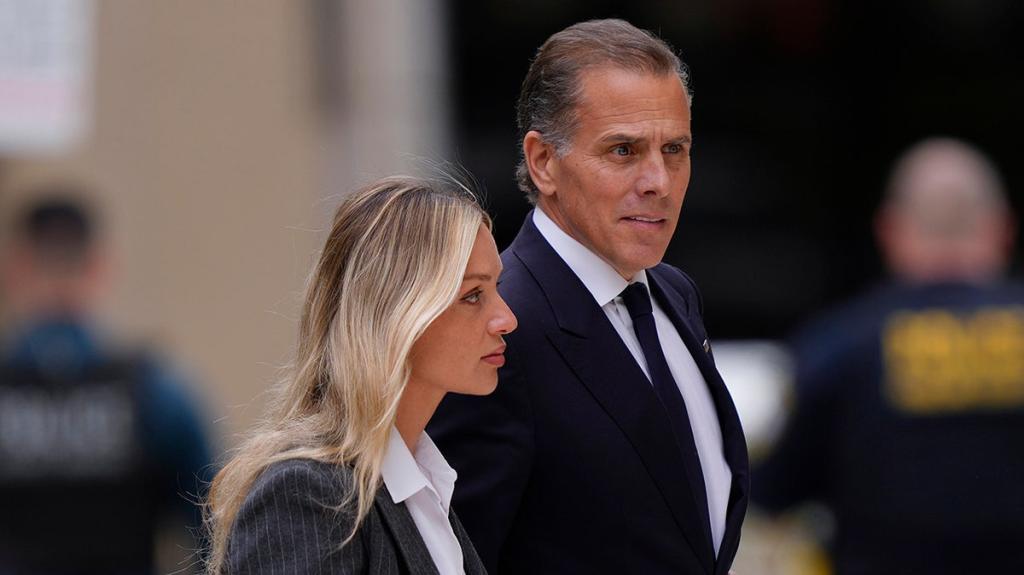
The Charges Against Hunter Biden
Hunter Biden is facing a range of allegations, including a four-year scheme to evade up to $1.4 million in federal taxes. Prosecutors claim he engaged in fraudulent activities while collecting income from various foreign business entities. As part of the indictment, he is charged with multiple felonies relating to failing to file tax returns and making false filings. This case marks a significant moment in American legal history, as it represents the first instance of a sitting president's child being convicted for a crime. In June, Hunter was convicted on gun charges, complicating his current legal standing.
Details of the Plea Change
Initially, Biden maintained his innocence by pleading not guilty. However, as jury selection approached, his legal team announced plans for him to plead guilty. This decision is likely influenced in part by the judge's previous rulings that limited the defense's ability to present context around Biden's struggles with addiction and family trauma, restricting his defense strategy. The plea change, now described as an "
", allows him to acknowledge that the evidence may support a conviction while still maintaining his innocence. This complex legal maneuver aims to mitigate some of the potential penalties he faces.

The Personal and Political Context
The implications of this case extend far beyond the courtroom. Political analysts are watching the situation closely, particularly because of its proximity to the presidential election cycle. While
has expressed his unwavering support for his son, affirming he will not grant him a pardon, the trial could still resonate throughout the political landscape. The defense has underscored that Hunter's legal issues, including his drug addiction, should not be used to project a narrative of the Biden family as corrupt or engaged in wrongdoing.
The Broader Reaction
The reaction to Hunter Biden's legal troubles has been varied. Some view the attention as necessary accountability for actions that, while personal, unfold in the public domain due to his last name. Others argue that this is a politically motivated attack aimed at undermining the President. Republicans have sought to frame Hunter's foreign business dealings as evidence of a corruption scandal involving his father, yet no substantial evidence has demonstrated this connection. The challenges posed by his situation highlight the complex dynamics between personal accountability and public scrutiny in the modern political arena.
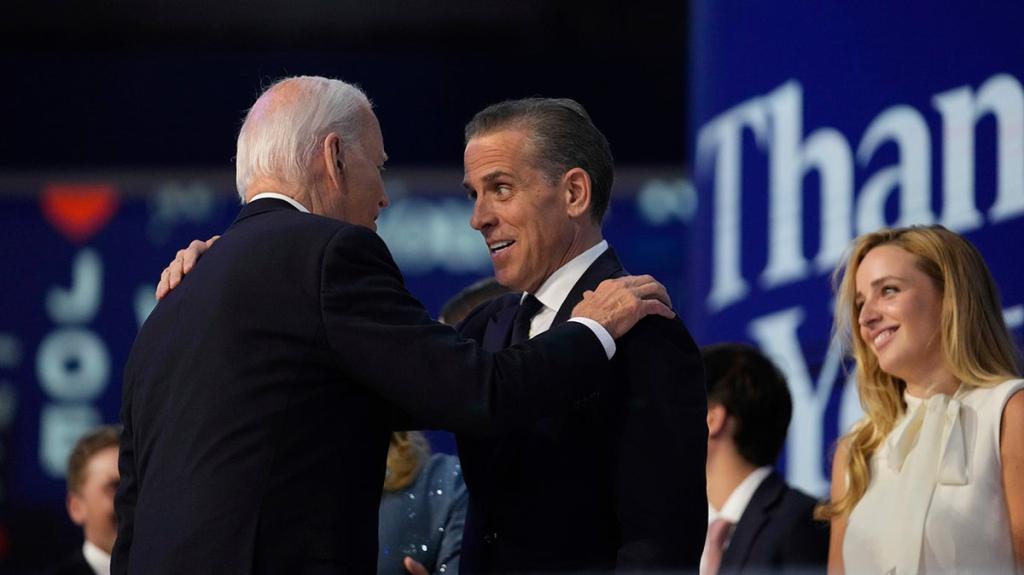
What Lies Ahead
With sentencing for Hunter Biden’s prior conviction slated for November, the stakes remain high. Potential consequences could range dramatically, from significant fines to prison time, although as a first-time offender, he might receive a lenient sentence. The upcoming proceedings are set to bring more clarity to Hunter's challenges, while also reflecting on broader issues surrounding privilege, accountability, and justice. The coming weeks will therefore be critical not just for Hunter, but for the Biden administration as a whole.
In summary, Hunter Biden's shift in plea amidst a landscape rife with scrutiny underscores the intersection of personal challenges and public perception. While he navigates these turbulent waters, the outcome may resonate beyond individual consequences, prompting discussions on the expectations of public figures and accountability within the political landscape. As this case unfolds, it serves as a reminder of the complexities inherent in law, family, and politics.

